- Source:
- PR Times
Related Article
-
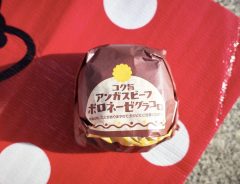
Trying out McDonald’s Japan’s new Rich Umami Angus Beef Bolognese Gurakoro croquette burger
-

Impress Your Friends With This Surprisingly Easy Rilakkuma Omurice Recipe
-

These Pencil Drawings Of Japanese Celebrities Look Just Like Photographs
-
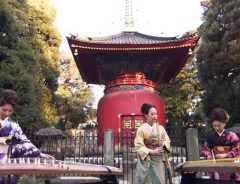
Traditional Japanese Instrumental Cover Of Welcome To The Jungle Is Pretty Awesome
-
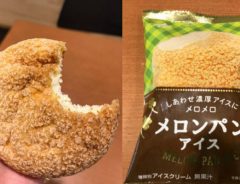
Melon Bread Ice Cream Is A Dream Come True For Japanese Convenience Stores
-
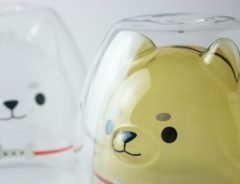
Turn Your Drink Into A Super Cute Shiba Inu Beverage With These Bubbly Shiba Glasses
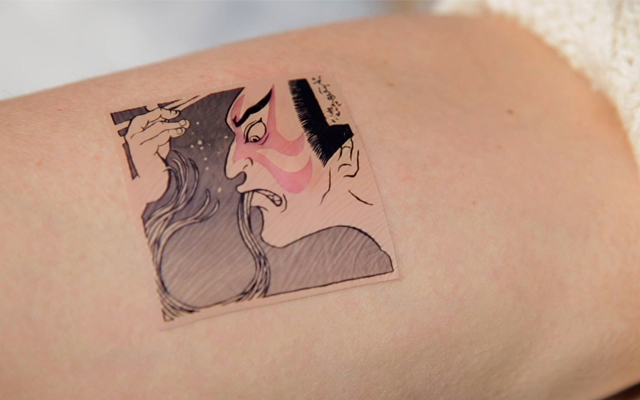


One of the must-eat foods for travelers in Japan is soba, buckwheat noodles served with hot or cold dashi soup. It’s not only delicious, but has long been a favorite dish for Japanese people since the Edo Period (1603-1868).
But unfortunately for many, soba allergies are quite common in Japan, and is one of the most common allergies among Japanese children. This isn’t a well-known fact among foreigners, however, and the 230 Soba Street Promotion Committee in Hokkaido has been trying to offer ways to spread awareness of the potentially dangerous effects of eating soba.
Source: PR Times
Since “checking for allergies” isn’t bound to be on anyone’s itinerary, the committee got creative and came up with an incredibly fun way to check if your body will be able to enjoy a bowl of soba. At an event last month in Sapporo, they handed out temporary tattoos decorated with Japanese motifs called “Soba Allergy Tattoo Checkers” to help foreign travelers find out if they are allergic or not.
Source: PR Times
These tattoos look like ukiyoe paintings, and they are applied with soba-yu (water the soba was boiled in) instead of plain water. The skin of those allergic will turn red, and the color will become visible through the clear plastic sections of the tattoo.
Source: PR Times
Source: PR Times
Source: PR Times
It’s sort of win-win; if you’re not allergic you get to eat soba, but if you are, you can at least go home with a cool, completed tattoo.
Allergic reactions to soba can even include anaphylactic shock, so knowing if your body is tolerant of soba is extremely important. The committee hopes spread use of these unique allergy checkers throughout the country, and allow travelers to safely enjoy their trips to Japan.